Industrial Facilities
Introduction to Fiber-Reinforced Concrete in Industrial Facilities
Fiber-reinforced concrete (FRC) is increasingly recognized as a crucial component in industrial construction, offering enhanced durability and resilience. Fiberego’s range of fibers, including polypropylene, polyester, steel, and cellulose, are tailored to meet the rigorous demands of industrial applications.
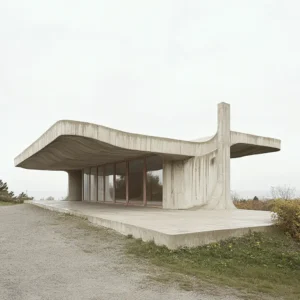
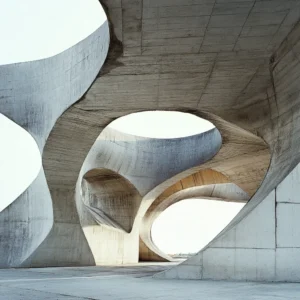
Key Applications of Fiber-Reinforced Concrete in Industrial Settings
Factory Building Foundations
The integration of fibers significantly strengthens foundations, providing the necessary support to withstand heavy industrial machinery and environmental stresses.
Framing and Walls of Factory Buildings
Fibers improve the tensile strength and crack resistance of walls and frames, crucial for the structural integrity of expansive industrial buildings.
Roof Structures of Factory Buildings
FRC offers enhanced durability and weather resistance, critical for protecting valuable equipment and materials from environmental elements.
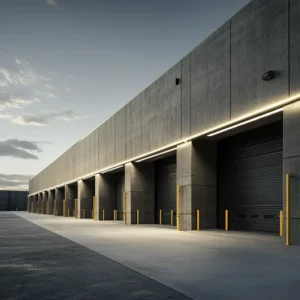
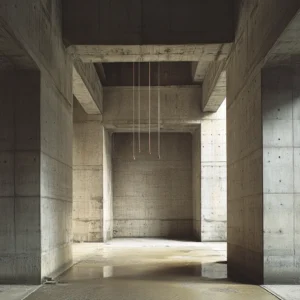
Specialized Uses of Fiber-Reinforced Concrete in Industrial Complexes
Warehouse Floors
Polypropylene and steel fibers increase impact resistance and load-bearing capacity, essential for high-traffic warehouse environments.
Silos and Storage Bins
Fiber reinforcement ensures that these structures can handle the mechanical pressures from stored materials without cracking or failing.
Foundations for Chemical and Power Equipment
The chemical resistance of polyester and cellulose fibers protects concrete from corrosive substances, while their high strength supports substantial equipment loads.
Pipe Racks and Underground Utility Tunnels
Steel and polypropylene fibers provide the necessary strength and flexibility to support and protect pipelines and utilities running throughout industrial facilities.
Economic and Environmental Impact of Fiber-Reinforced Concrete in Industrial Construction
Cost-Effectiveness and Longevity
FRC reduces maintenance costs and extends the lifespan of industrial constructions, offering significant long-term savings.
Sustainability Benefits
Using recyclable and durable fiber materials minimizes environmental impact and supports sustainable construction practices in industrial development.
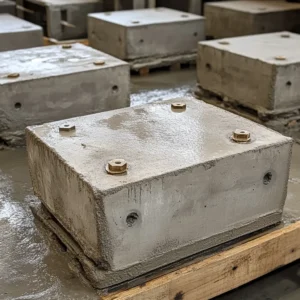
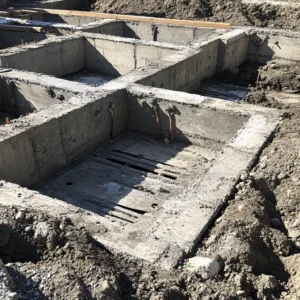
Future Trends and Innovations in Fiber-Reinforced Concrete for Industrial Use
Technological Advancements
Ongoing research into fiber technology and concrete composites is set to further improve the performance and efficiency of industrial constructions.
Adaptation to Industry Standards
As industrial requirements evolve, FRC is adapting to meet more stringent safety and performance standards, ensuring compliance and enhancing operational safety.
Conclusion: Fiberego’s Role in Industrial Facility Development
Fiberego is at the forefront of developing fiber-reinforced concrete solutions that meet the complex demands of modern industrial facilities. By enhancing the durability, efficiency, and sustainability of infrastructure, Fiberego is setting new standards in the construction industry.


